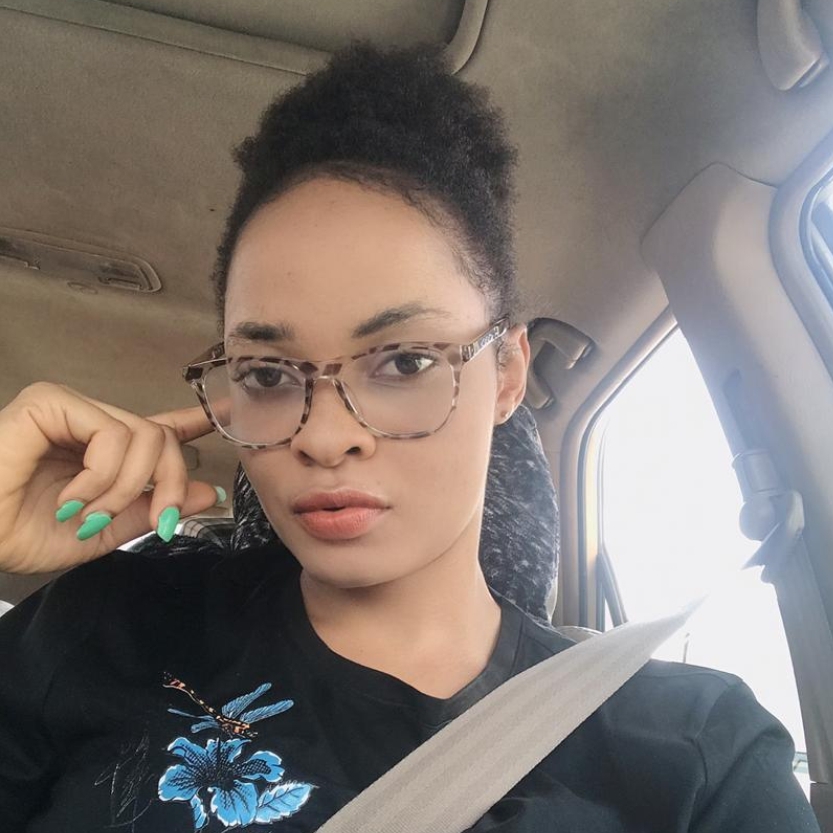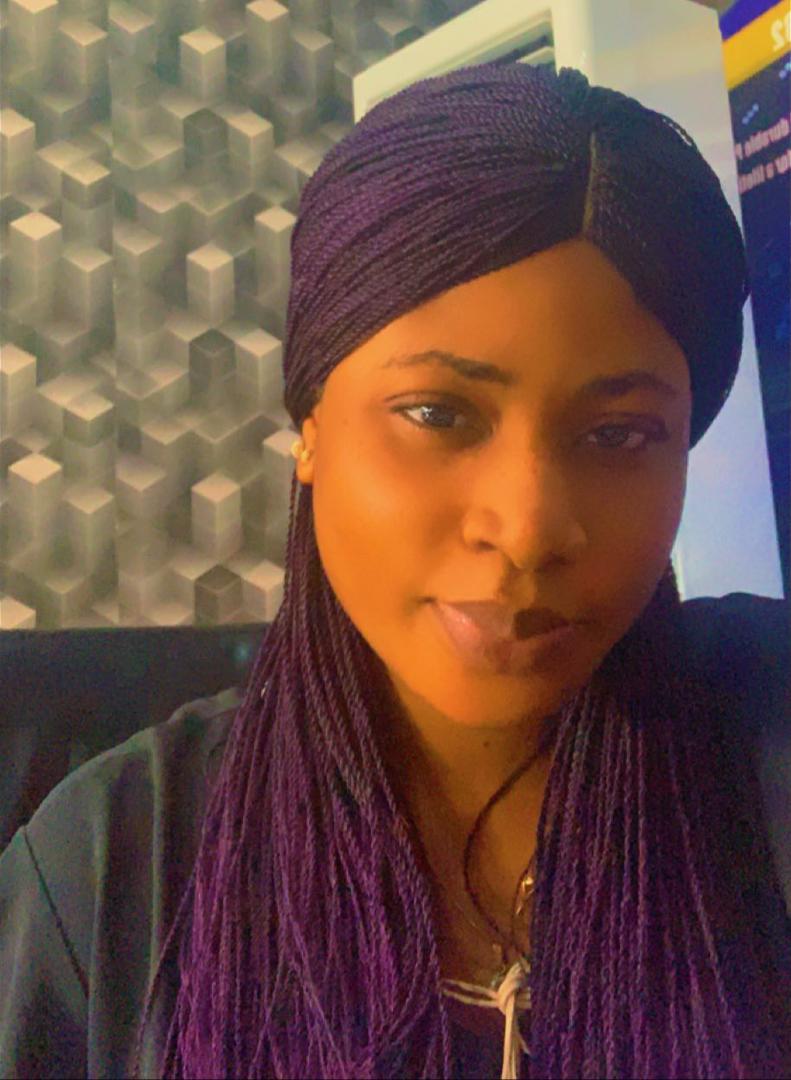PreSonus StudioLive Series III Mixers vs Other Digital Mixers Brand
Comparing PreSonus mixers with other popular mixer brands provides insights into their respective features, advantages, and best use cases. Here’s a comparison of PreSonus mixers with 10 other well-known mixer brands/models:
1. PreSonus StudioLive Series III Mixers:
- Key Features: Touchscreen control, extensive channel processing, onboard multitrack recording, flexible routing, AVB networking.
- Best For: Live sound, studio recording, AVB networked setups, flexible routing needs.
2. Behringer X32 Digital Mixer:
- Key Features: Affordable digital console, extensive I/O options, onboard effects, motorized faders.
- Best For: Budget-conscious users, live sound, mid-sized venues.
3. Yamaha TF Series Mixers:
- Key Features: Touchscreen control, advanced processing, intuitive interface, Dante audio networking.
- Best For: Live sound, houses of worship, corporate events.
4. Allen & Heath QU Series Mixers:
- Key Features: Compact design, touchscreen control, advanced effects, expandable, dSNAKE compatibility.
- Best For: Portable setups, live sound, small to mid-sized venues.
5. Mackie DL Series Mixers:
- Key Features: Wireless control via mobile devices, intuitive UI, built-in effects, compact design.
- Best For: Small to mid-sized venues, mobile sound setups, corporate events.
6. Soundcraft Si Series Mixers:
- Key Features: Advanced digital signal processing, intuitive control, FaderGlow technology, MADI option.
- Best For: Live sound, broadcast, corporate events, theaters.
7. Midas M32 Digital Console:
- Key Features: High-quality preamps, motorized faders, onboard effects, configurable user interface.
- Best For: High-end live sound, studio recording, professional touring.
8. Roland M-5000 OHRCA Live Mixing Console:
- Key Features: Versatile routing options, expandability, tactile mixing control, OHRCA ecosystem.
- Best For: Large-scale live events, theaters, sound reinforcement.
9. Avid VENUE S6L Live Sound System:
- Key Features: Pro Tools integration, touchscreen control, real-time tracking, powerful DSP.
- Best For: Concert tours, large venues, high-end studio recording.
10. Digico SD Series Consoles:
- Key Features: High-quality audio processing, advanced routing, customizable control surface, FPGA-based technology.
- Best For: High-end live sound, broadcasting, large-scale productions.
11. Behringer X-Air Series:
- Key Features: Compact design, wireless control, built-in effects, affordable pricing.
- Best For: Small venues, home studios, mobile sound setups.
12. Mackie ProFX Series:
- Key Features: Compact analog mixers with digital effects, USB recording, and playback.
- Best For: Small venues, home studios, budget-conscious users.
13. Allen & Heath ZED Series:
- Key Features: Compact analog mixers with USB I/O, built-in effects, and flexible routing.
- Best For: Home studios, podcasting, small-scale sound setups.
14. Yamaha MG Series Mixers:
- Key Features: Compact analog mixers, durable construction, studio-quality preamps.
- Best For: Home studios, small venues, entry-level users.
15. Soundcraft Signature Series:
- Key Features: Analog mixers with built-in Lexicon effects, USB audio interface, and Sapphyre mic preamps.
- Best For: Small to mid-sized venues, recording studios, portable sound setups.
The choice of a mixer depends on your specific needs, budget, and application. PreSonus mixers, like the StudioLive Series III, are known for their flexible routing, touchscreen control, and extensive channel processing, making them suitable for both live and studio applications. Other brands offer various features and price points tailored to different use cases.






